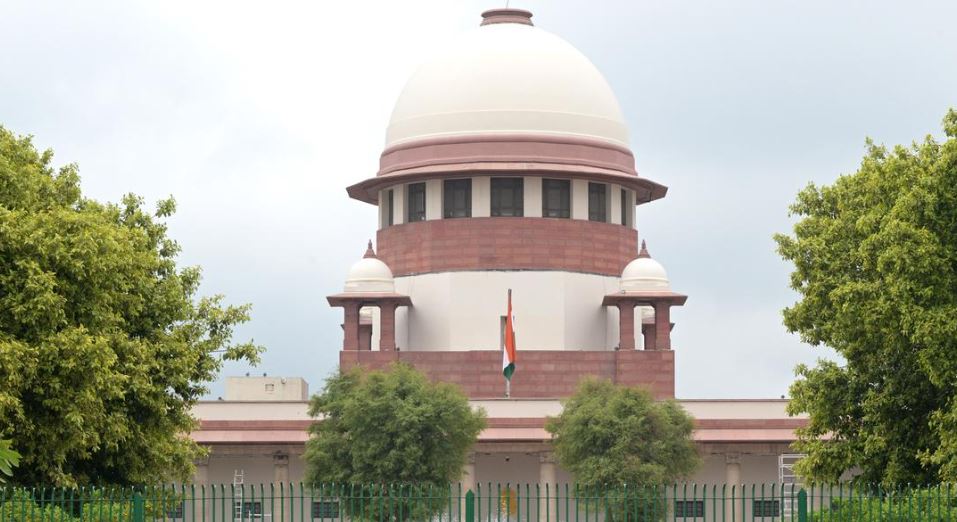A Measured Response: Muslim Bodies Assess Landmark Supreme Court Ruling
The Supreme Court’s recent verdict affirming a divorced Muslim woman’s right to claim maintenance under Section 125 of the Code of Criminal Procedure (CrPC) has elicited a measured response from prominent Muslim religious organizations. While some express concerns about the ruling’s potential conflict with Muslim personal law, others are adopting a circumspect approach, meticulously evaluating the legal and social ramifications before charting a course of action.
Contested Interpretation: Sharia Law vs. Secular Provisions
The All India Muslim Personal Board (AIMPLB) has voiced its apprehension, asserting that the verdict contradicts the principles of Sharia law, which they argue should govern Muslim personal matters in India. The Board’s legal committee is currently scrutinizing the judgment, and based on their findings, they may explore legal avenues to challenge or seek clarification on the ruling.
Judicial Overreach or Affirmation of Rights?
The All India Muslim Majlis-e-Mushawarat has labeled the verdict as “judicial overreach,” drawing parallels with past court decisions that have impacted Muslim religious practices. They urge Muslim organizations to approach a larger bench of the Supreme Court to reconsider the decision, emphasizing the need to uphold the Shariah Application Act and the Muslim Women (Protection of Rights on Divorce) Act.
Cautious Deliberation: A Measured Approach
Other prominent bodies, such as the Jamiat Ulama-i-Hind and Jamaat-e-Islami Hind (JIH), are adopting a more cautious stance. They advocate for a thorough understanding of the verdict’s nuances before determining any future course of action. This measured approach underscores the sensitivity of the issue and the need for careful deliberation within the Muslim community.
Upholding Women’s Rights: A Balancing Act
The Supreme Court’s ruling, delivered by a bench of Justices B.V. Nagarathna and Augustine George Masih, reaffirms a Muslim woman’s entitlement to maintenance under a secular law, even if it runs parallel to provisions within personal laws. This decision aims to strike a balance between safeguarding individual rights and respecting the diversity of personal laws within India’s legal framework.
A Complex Landscape: Navigating Legal and Social Implications
The verdict has ignited a complex debate within the Muslim community, highlighting the ongoing tension between religious law and secular legal provisions. The response of various religious bodies reflects the need for nuanced dialogue and careful consideration of the ruling’s potential impact on both legal and social spheres. As the Muslim community grapples with this landmark decision, the path forward remains uncertain, necessitating a thoughtful and inclusive approach to reconcile divergent perspectives.
Soumya Smruti Sahoo is a seasoned journalist with extensive experience in both international and Indian news writing. With a sharp analytical mind and a dedication to uncovering the truth, Soumya has built a reputation for delivering in-depth, well-researched articles that provide readers with a clear understanding of complex global and domestic issues. Her work reflects a deep commitment to journalistic integrity, making her a trusted source for accurate and insightful news coverage.



